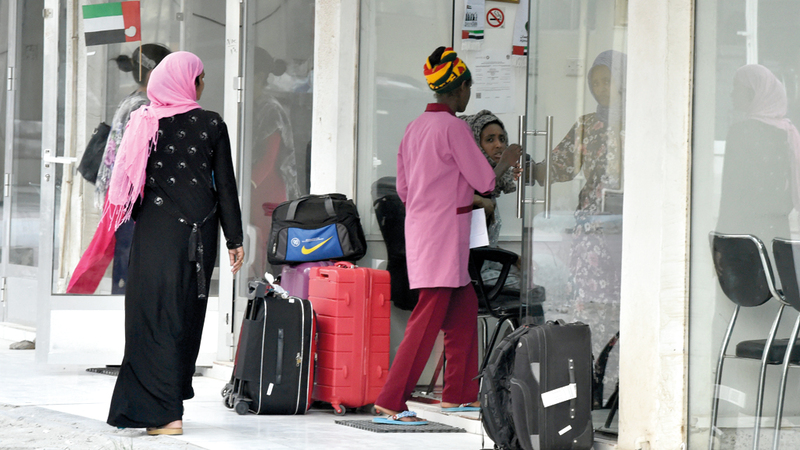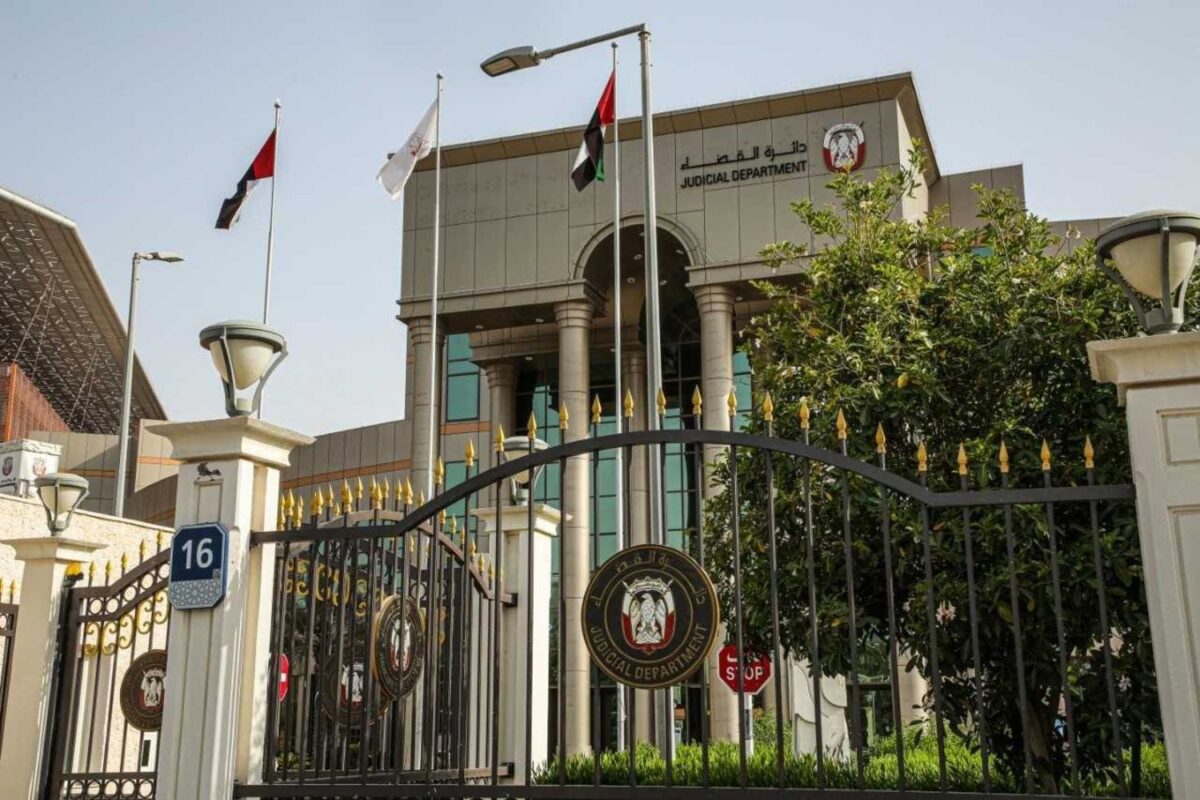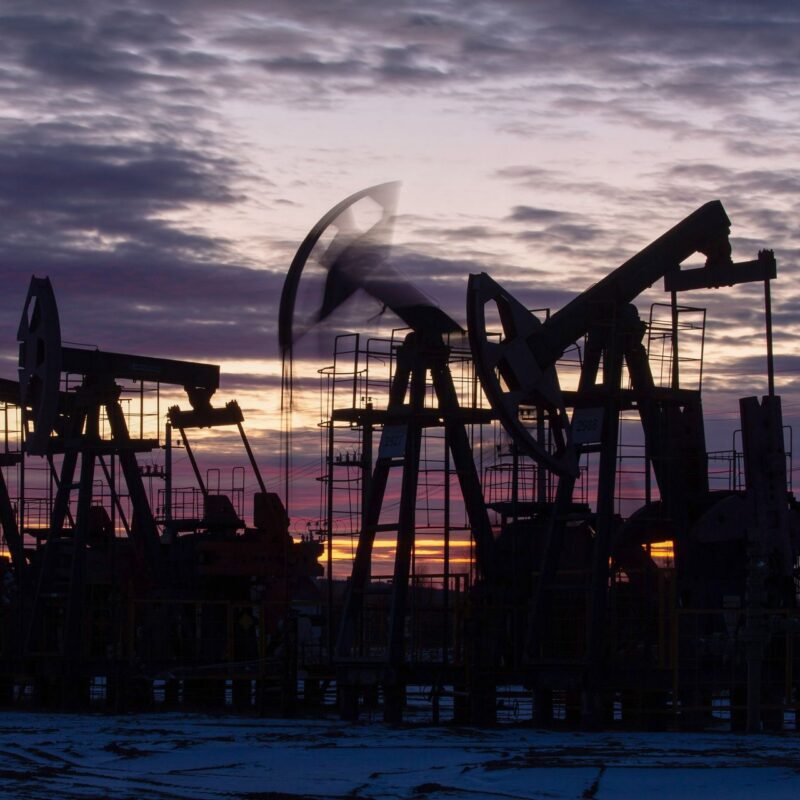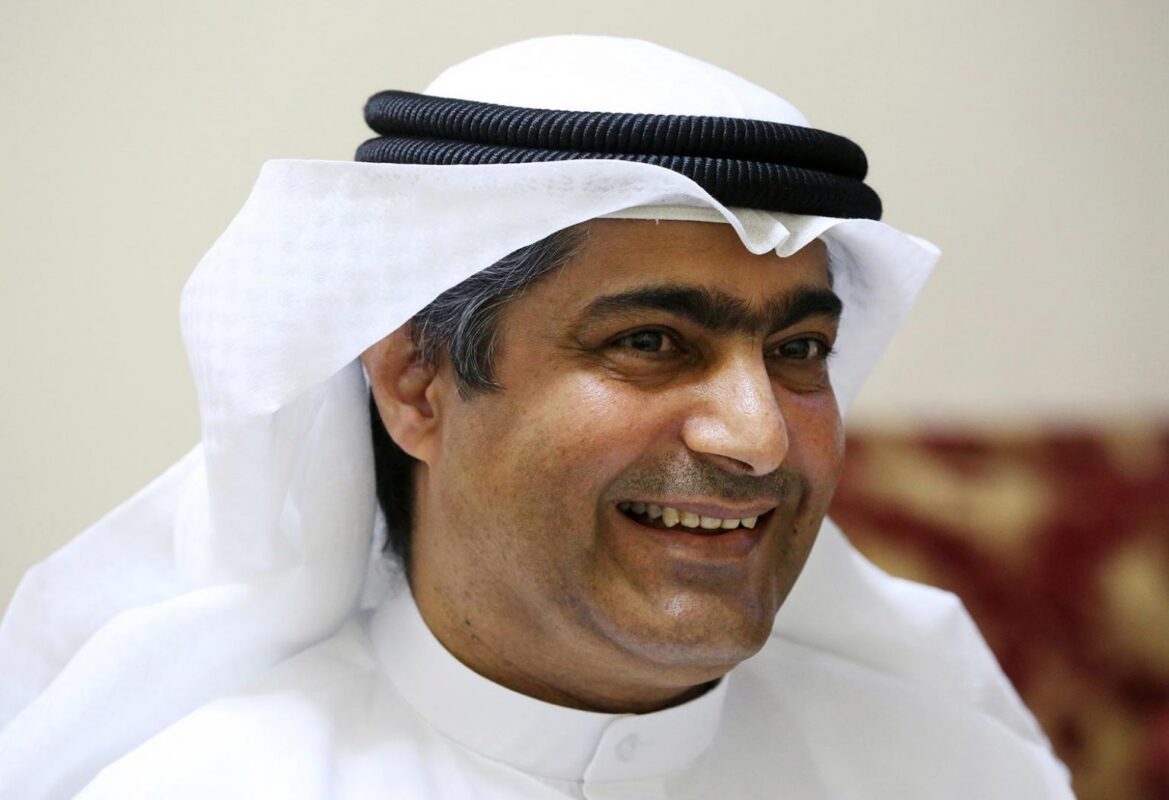Indian women migrant workers in the Middle East and North Africa (MENA) region are expected to reach 6 million in 2-3 years. Due to the loosening of labour restrictions regarding women in the region, for example, the removal of restrictions on work during night hours, there has already been a 23% growth in demand for[…]
The United Arab Emirates (UAE) has invested deeply into portraying itself as a progressive, tolerant and human rights-compliant state. This strategy, however, as in other Gulf Cooperation Council (GCC) countries, clashes with a reality in which activists and dissidents are detained and tried for exercising their rights to freedom of expression and association. The recent[…]
Seventy-six million metric tons of oil reserves are located in the Arab Gulf, constituting around 66% of the global reserves. Oil represents a prominent source of income in the Middle East, proven by the increased production during the last decades. From 1980, oil production passed from 11 million barrels per day to 18 million. The[…]
Historically, Gulf Cooperation Countries have used a strategy of repression by imposing state control of the media or through broad laws and strict censorship. Often, the governments justify this control by referring to social values like cohesiveness and harmony in society. However, this strategy poses journalists in the Gulf at extreme risk. They are harassed,[…]
Ahmed Mansoor, a prominent human rights defender in the United Arab Emirates (UAE), has faced relentless persecution due to his unwavering advocacy for human rights. His case stands as a distressing emblem of the struggles faced by activists in the UAE, shedding light on the challenges of championing fundamental rights in the region. Mansoor’s arrest[…]









